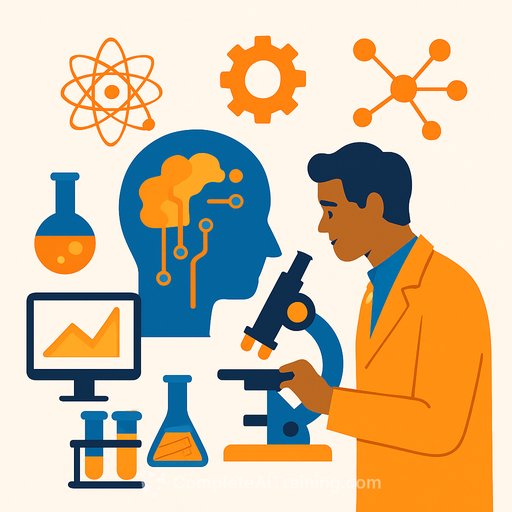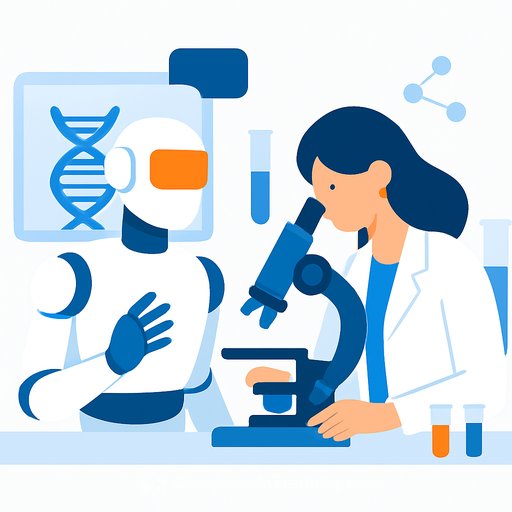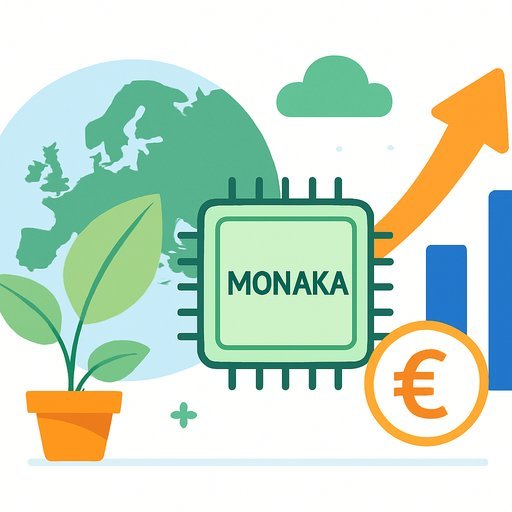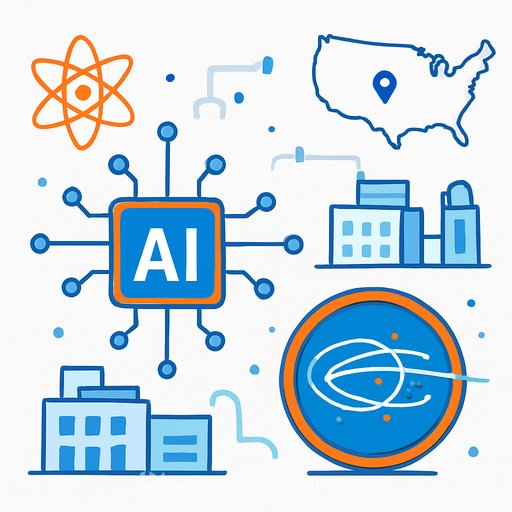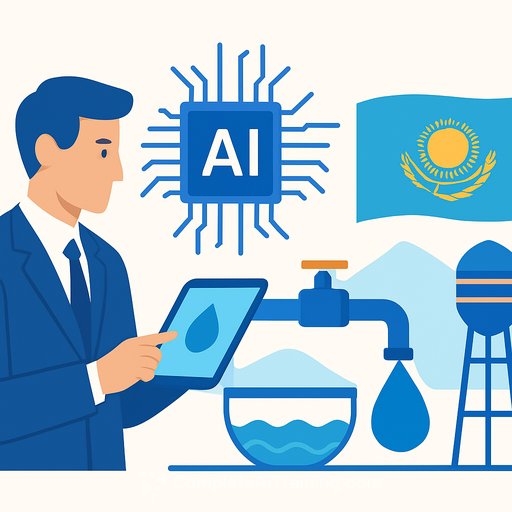AI's Growing Impact on Scientific Discoveries: Key Breakthroughs from July 2025
July 2025 marked a significant month for artificial intelligence in science. AI technologies advanced across multiple disciplines, from autonomous laboratories to powerful genomic models. These developments demonstrate how AI is reshaping scientific research by accelerating experimentation, enhancing hypothesis generation, and enabling fully autonomous studies.
Major Highlights
- Personalized genetic profiling led to a breakthrough cancer treatment.
- Climate scientists developed precise long-term environmental models using AI.
- Advancements in quantum computing accelerated through AI-driven algorithms.
- Space agencies improved deep-space exploration efficiency with autonomous AI data analysis.
Self-Driving Labs Boost Materials Research
Researchers at North Carolina State University introduced a self-driving laboratory capable of conducting experiments with significantly greater speed and efficiency. This system collects data at rates at least ten times faster than traditional methods. The approach not only speeds up material discovery but also lowers costs and reduces environmental impact.
Virtual Scientist Platforms in Biosciences
At Stanford Medicine, AI-powered virtual labs were developed, featuring virtual supporting scientists and principal investigators. These in silico platforms perform complex biological research with minimal human input, signaling a shift toward greater autonomy in bioscience research.
AI Co-Scientists Aid Biomedical Research
Google’s AI Co-scientist, built on Gemini 2.0, assists researchers in generating new hypotheses and designing projects. Although launched earlier in the year, its adoption expanded significantly in July as biomedical organizations integrated it into their workflows. This multi-agent system supports the entire research cycle, from ideation through experimentation.
Hierarchical AI Scientist Systems Conduct Full Research Cycles
A preprint released in July introduced hierarchical AI scientist frameworks like NovelSeek, capable of managing the full research process autonomously. These systems perform literature reviews, develop hypotheses, run experiments, and draft reports, enabling end-to-end AI-driven discovery across scientific fields.
AI-Scientist-v2 Publishes Autonomous Research
AI-Scientist-v2 demonstrated the ability to independently generate hypotheses, plan and execute experiments, analyze results, and write manuscripts accepted by academic workshops. Unlike its predecessor, v2 improves outputs iteratively using a vision-language feedback loop, requiring no human-created templates. This marks a key step toward fully self-governing scientific agents.
Decoding Genomics with AlphaGenome
DeepMind’s AlphaGenome targets the “dark matter” of the human genome—the 98% of DNA that regulates gene activity but doesn’t code for proteins. By analyzing extensive genomic data, AlphaGenome predicts molecular features like chromatin accessibility and gene expression, enhancing insights into how genetic variations affect biological functions.
Accelerated Scientific Computations via AI
Equivariant graph neural networks now replicate simulations that once took months—such as density functional theory—in under 10 minutes on standard laptops. This leap improves the speed and accuracy of physics, chemistry, and climate models while cutting energy consumption by nearly 40% in some climate simulations.
Advances in AI-Powered Drug Discovery
Companies like Alphabet’s Isomorphic Labs are preparing to test AI-designed drugs in clinical trials. These advances signal a shift toward faster development of treatments for rare genetic disorders, cancer, and neurological diseases, thanks to AI-generated molecular designs.
Multi-Agent AI Platforms Expand Collaborative Research
Manus introduced “Broad Research,” a platform enabling the simultaneous operation of over 100 general-purpose AI agents. Each agent works independently yet cooperates to meet shared goals, showcasing scalable AI coordination in complex scientific workflows.
Ethical and Infrastructure Considerations
The rapid AI-driven changes raise calls for updated scientific infrastructures and governance frameworks. The July policy statement, America’s AI Action Plan, highlights the need to reform experimentation approaches and build scalable systems to support AI-generated insights. Additionally, the 2025 AI Index Report provides data-driven evidence of AI’s growing role in research and society.
Conclusion
July 2025 showcased a convergence of AI advancements that are accelerating scientific discovery by improving ideation, experimentation, and analysis. From autonomous labs and virtual scientists to genomic decoders and multi-agent platforms, AI is shaping more efficient and collaborative research workflows. Moving forward, integrating these technologies responsibly will require focused efforts on infrastructure, ethical oversight, and transparent governance.
Your membership also unlocks:

